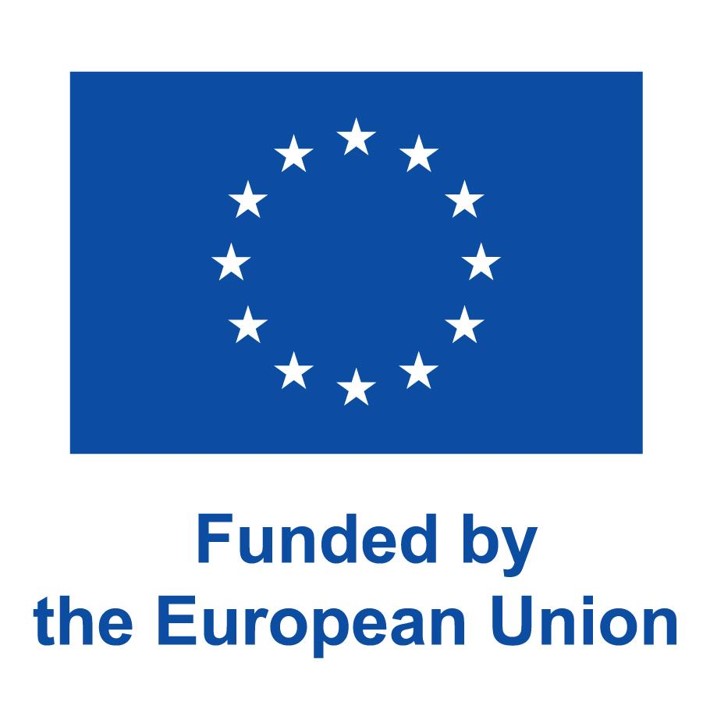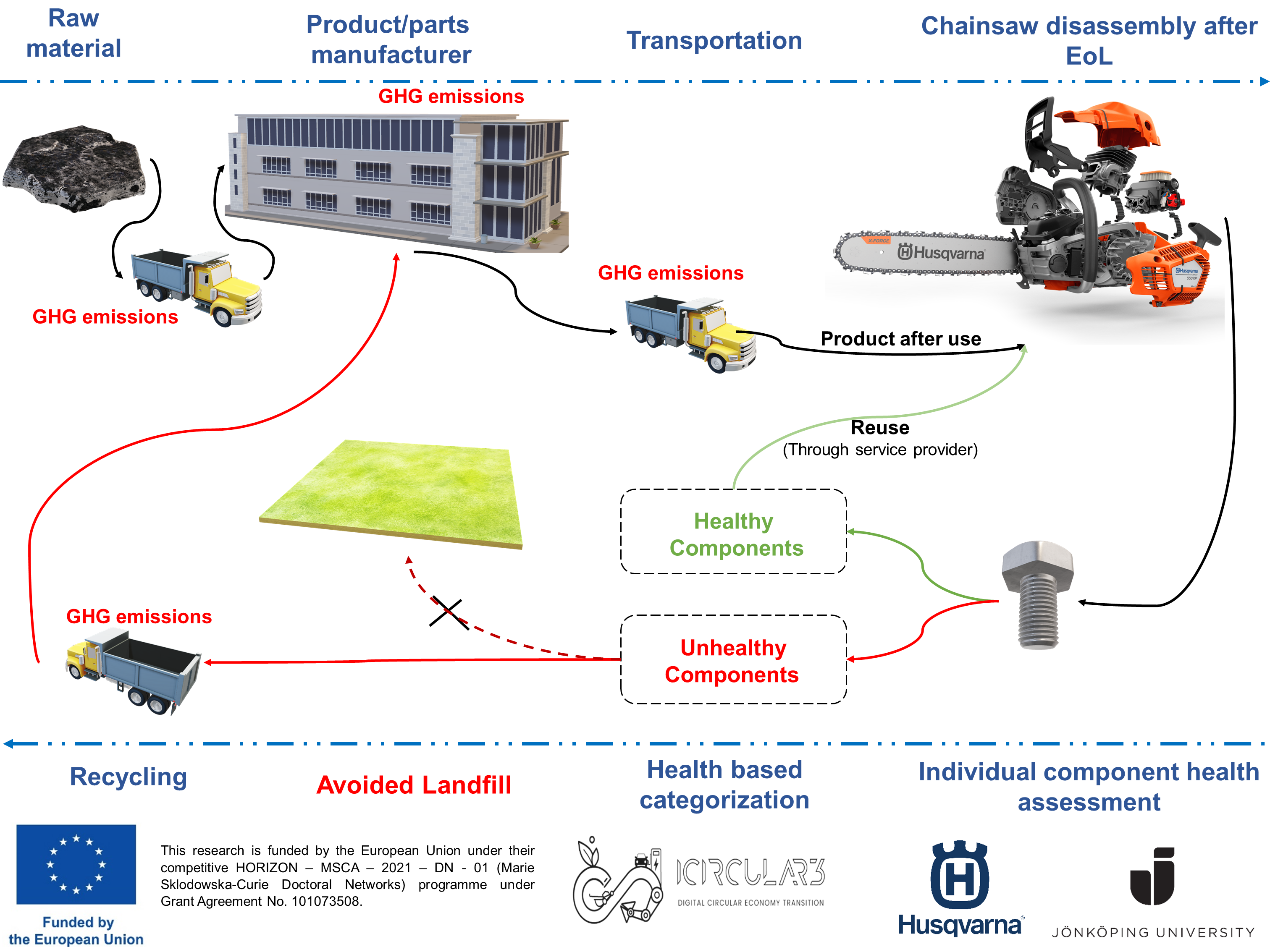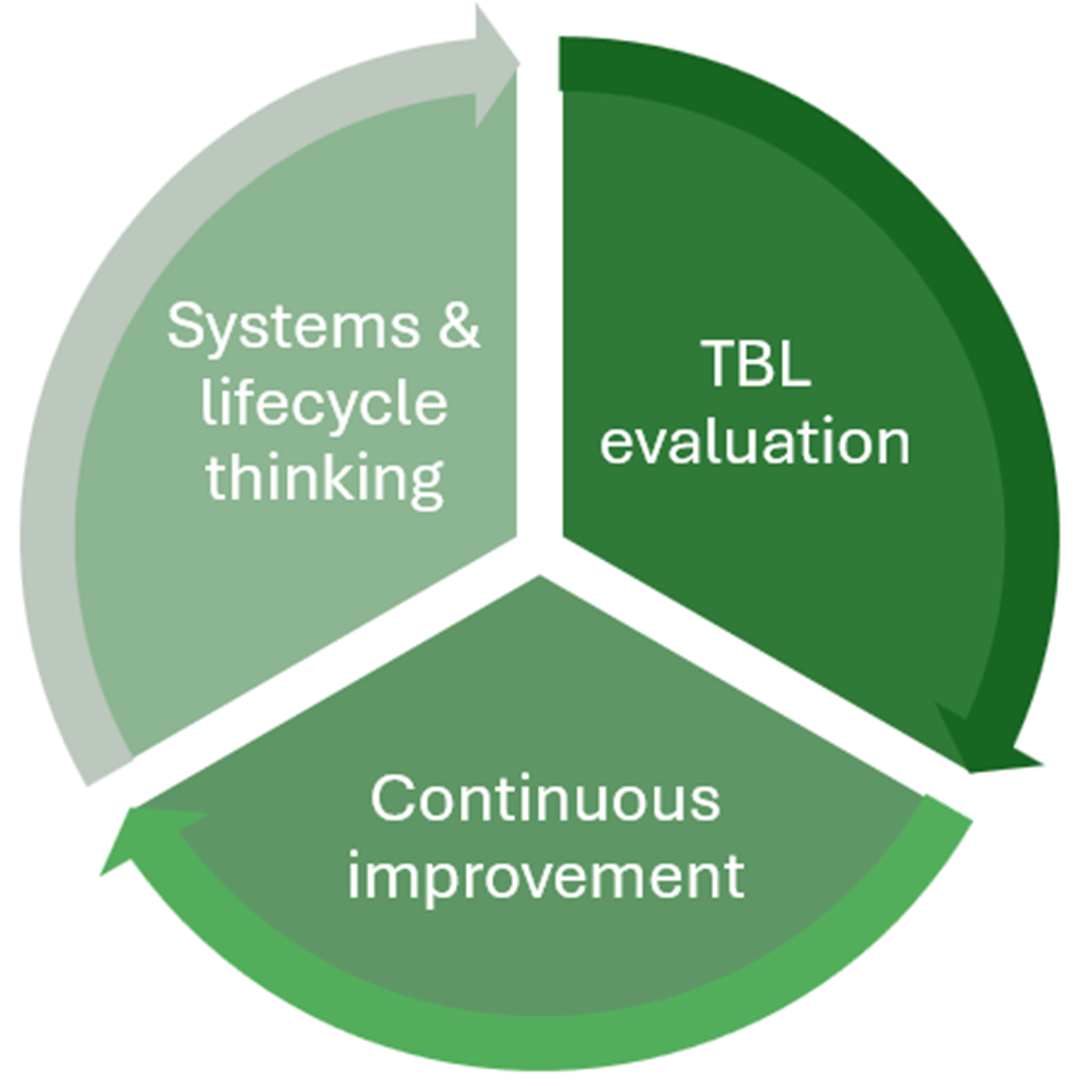


With the rapid depletion of natural resources to meet modern and ever-changing customer requirements, circular thinking should be strategically implemented. Circular thinking addresses not only resource recovery within the context of the circular economy but also energy efficiency, water consumption, pollution, landfills, and greenhouse gas emissions, all while meeting customer product demands. This approach calls for a strategy where the supply-demand gap is bridged by the customers themselves. Products used by end users are reintroduced after their intended purpose through various R-strategies such as refurbishing, remanufacturing, recovering, reusing, repairing, and recycling. While this sounds promising, applying it in real-world industries is quite complex. One possible solution is to re-evaluate products at the component level after their end of life and apply strategies such as reuse to healthy components, rather than just recycling and recovering at the product level. This approach can avoid additional greenhouse gas emissions, landfills, and energy consumption, thereby contributing to the circular economy.
This work is produced as a part of the doctoral studies at Jonkoping University, Sweden in collaboration with Husqvarna Group, Sweden.
This work has resulted into two publications:
1. Waqas et al., Component-Level Circularity: A New Approach to Resource Recovery and Climate Action, In 12th Annual International Conference on Sustainable Development, Sep 19-21, 2024, New York, United States
2. Waqas et al., Circular economy: Extending end-of-life strategies, Sustainable Production and Consumption (2024) https://doi.org/10.1016/j.spc.2024.09.003
If you want to collaborate, please reach out at waqas.ahmed@ju.se

As global economies continues its efforts to transition from linear to circular business models and industrial systems, researchers and practitioners communities are increasing studies that can enable our understanding, and support implementation capabilities. As research moves along, it is imperative to keep in mind the goal of circular economy transition is to achieve sustainable development, or at least make informed decisions that can move the needle closer to a true sustainable development, utilizing circular principles and strategies as means to an end.
Three main areas could be explore further in order to continue current research in this direction: Systems and lifecycle thinking, triple bottom line evaluation, and continuous improvement.
Discussing systems and lifecycle thinking, and triple bottom line gives tools to overcome the risk of suboptimizing. While continuous improvement is in line with the idea that such a change is a complex journey, which needs multiple iterations and learning cycles. The incorporation of these areas in future research offers the opportunity for industry and society to make production and consumption decisions based on the long-term vision of achieving intelligent circular systems.
This work is part of the iCircular3 doctoral network project. If you are interested to know more and/or get involved. Don't hesitate to reach out to maria.rodriguezromo@ucdconnect.ie
As part of the overall network-wide training for iCircular3, the project will hold yearly conferences. The first conference took place on Monday 22 nd April 2024 and this conference was the first opportunity to get to know all the Doctoral Candidates and was therefore closed to project members only. Future project conferences will be open to a wider audience to participate/attend. As not all Doctoral Candidates were able to attend UCD, Dublin, Ireland as intended, the conference took place online. Consortium representatives from both industry and academia attended. Project Coordinator, Dr Pezhman Ghadimi, welcomed all to the project and each Doctoral Candidate then gave a 10 minute presentation outlining their personal background, their individual research on the project, training and secondments, as well as the envisaged collaborations and benefits of iCircular3 for communities, societies and to themselves. The Year 1 Conference was a great start to the planned training programme and put the foundation in for project beneficiaries and Doctoral Candidates in building those important relationships that are so crucial to the success of the project.
On Tuesday 7 th May 2024, iCircular3 welcomed Project Officer, Nina Poumpalova to University College Dublin (UCD) in Dublin, Ireland for the 1-day Mid-Term Review (MTR) meeting. The meeting was attended by the consortium of academic and industry leaders and by the Doctoral Candidates. The purpose of the meeting is to review the progress of the project, in particular the recruitment of Doctoral Candidates and to discuss any deviations.
Overview of the agenda:
08:30 Introduction and meeting purpose REA Project Officer
08.40 Tour de table Consortium
08.50 Project Officer Presentation REA Project Officer
09.10 Coordinator's Report Project Coordinators
09.50 BREAK
10.15 Doctoral Candidates Presentations Doctoral Candidates
12.00 LUNCH
12.30 Restricted session with Doctoral Candidates REA Project Officer
13.00 Feedback and open discussion REA Project Officer
14.00 CLOSE
The first network-wide training took place at UCD, Dublin, Ireland on Wednesday 8 th May to Friday 10 th May 2024, and was delivered in person but also streamed for those that were unable to attend in person due to visa issues. The last day of the training programme was delivered online for all on Monday 13 th May 2024 to keep accommodation costs for all to a minimum. This was an industry led module, with KUKA opening the training on the Wednesday and input from all industry and academic beneficiaries. The aim was to give all Doctoral Candidates a range of experiences of different industries and different types of products. An overview of the training is outlined below:
Ideation tools for transformative product lifecycles at the intersection of Industry 4.0 and Circular Economy (Dr Dieckmann - ICL)
Voice of the customer - Impowering the Customer (Brian Cooney and Thomas Campbell - KUKA)
Sustainability Strategy (Jonas Willaredt - HUS)
Quality feedback from customers (Hans-Ake Sundberg - HUS)
Failure Mode and Effects Analysis (FMEA) (Dr Siva - JTH)
Quality improvement and control (Dr Siva - JTH)
Design of Experiment training fundamentals (Hans-Ake Sundberg - HUS)
DOE - Example from Husqvarna (Hans-Ake Sundberg - HUS)
DoE Lab (Dr Pezhman Ghadimi - UCD)
SPC - control charts and lean manufacturing (Dr Siva - JTH)
SPC - control charts and lean manufacturing, example from saw chain production. (Hans-Ake Sundberg - HUS)
Practical activities and case studies in Robotics (Thomas Campbell and Brian Cooney - KUKA)
Distributed Ledger Technologies and use cases related to the circular economy and EVs (Dr Sanders - IOTA)
Intellectual Property, Product certification and compliance KUKA (Brian Cooney and Thomas Campbell - KUKA)
How Husqvarna is working with IP-management (Ulf Wallin - HUS)
The second network-wide training took place online from Monday 2nd to Friday 6th September 2024. UCD led the module development and delivery which had a blended synchronous and asynchronous format. An overview of the training is outlined below:
Monday
Tuesday
Wednesday
Thursday
Friday
This article is built on two primary concepts:
Based on these concepts, the study extends existing R-strategies for the use-phase (such as reuse, refurbish, and remanufacture) to the end-of-life phase at the product-component level, based on the health of individual components. This is exemplified in a case at a large Swedish outdoor power product manufacturer. Furthermore, it introduces a simplified Circular Economy Potential Tool for practitioners, enabling them to understand circularity at the component level and identify effective end-of-life strategies.
Please cite this article at: https://doi.org/10.1016/j.spc.2024.09.003
If you want to collaborate, please reach out at waqas.ahmed@ju.se
This poster presents a diagnostic tool designed to realize the potential of reuse and recycling at the component level during the End-of-Life (EoL) stage, specifically for complex tasks.
By reusing healthy components directly, the potential reductions include:
By recycling unhealthy components, the potential reductions include:
In 12th Annual International Conference on Sustainable Development (ICSD), "Solutions for the future!", September 19-21, 2024, New York, United States
If you want to collaborate, please reach out at waqas.ahmed@ju.se